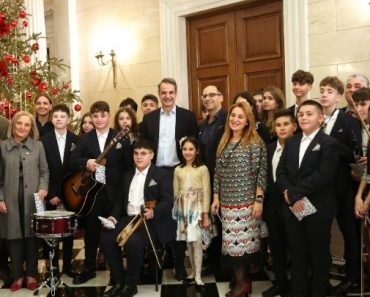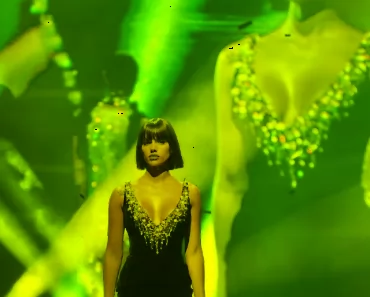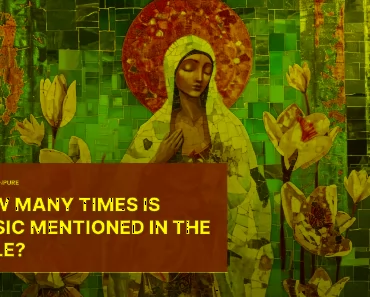YEREVAN/ATHENS — George (Giorgos) Tossikian is one of the most creative and talented Greek guitarists. He was born in 1981 in Piraeus to an Armenian father and a Pontian Greek mother. He studied guitar under Iakovos Kolanian at the Contemporary Music Education Conservatory of Athens. Since 2005 he has given recitals and participated in festivals in Greece and abroad. Since 2008 he has been a permanent collaborator and member of the orchestra of composer George Varsamakis. His discography includes “Guitar Music by Greek Composers” (2010), “Mosaic” (2013), “Suite for Guitar and String Ensemble” (2015), “La Plage” (2021) and “Cuatro Argentinas” (2023). During the period 2010-2022, he had the privilege of collaborating with distinguished guitarist, songwriter and composer Notis Mavroudis. He teaches classical guitar at the Contemporary Music Education Conservatory and at the Philippos Nakas Conservatory.

His accolades are innumerable. Here are a few: “A burning new talent, certainly one of the finest of his generation, a restless mind” (Kostas Grigoreas, guitarist-composer). “A solid technique that allows his innate and well-developed musicality to express itself with absolute precision” (Kornilios Diamantopoulos, Jazz & ΤΖΑΖ). “George Tossikian proves that he is justly considered one of our most remarkable young guitarists” (Liana Malandrenioti, Difono). “One of the most talanted musicians of the new times, gives the mature sound of a soloist whithin the thin boundary between emotion and technique” (Nikos Vatopoulos, Kathimerini). “Having conquered technique at the maximum level, Giorgos Tosikian entered naturally and confidence to every aesthetic particularity of the works he interpreted” (Giorgos V. Monemvasitis, Eleftherotypia). “Tossikian, with an assured technique and sense of musicality, salty and without pretense, direct and cutting, then velvety and sweet, excels at bringing music to life” (American Record Guide).
Dear George, many musicians and poets tried to characterize the magic of the guitar’s six chords. What is your characterization?
I cannot fail to mention the famous quote by eminent Spanish guitarist Andrés Segovia, stating that the guitar is a small orchestra. It reminds me of a poem by Odysseas Elytis that says, “Τhis small, this great world!” Indeed, the guitar’s capabilities — its polyphony and tonal colors — make it akin to a miniature orchestra, capable of standing as a solo instrument in sophisticated compositions. Moreover, its dynamic range and timbre make it ideal for accompanying the human voice. These qualities are just some of the reasons why it is one of the most beloved instruments worldwide, transcending all genres of music. For me, the guitar is a means to communicate with people, to journey through time, to experience profound emotions, and perhaps even to feel a connection with God.
Before you in Greece there were two guitarists of Armenian descent, the late Hrach Ghukassian, who practiced Hawaiian guitar, and your teacher Iakovos Kolanian. What they have brought to Greek guitar playing culture?
I must admit I am not familiar with Hrach Ghukassian, but I will make an effort to learn about him right away.







